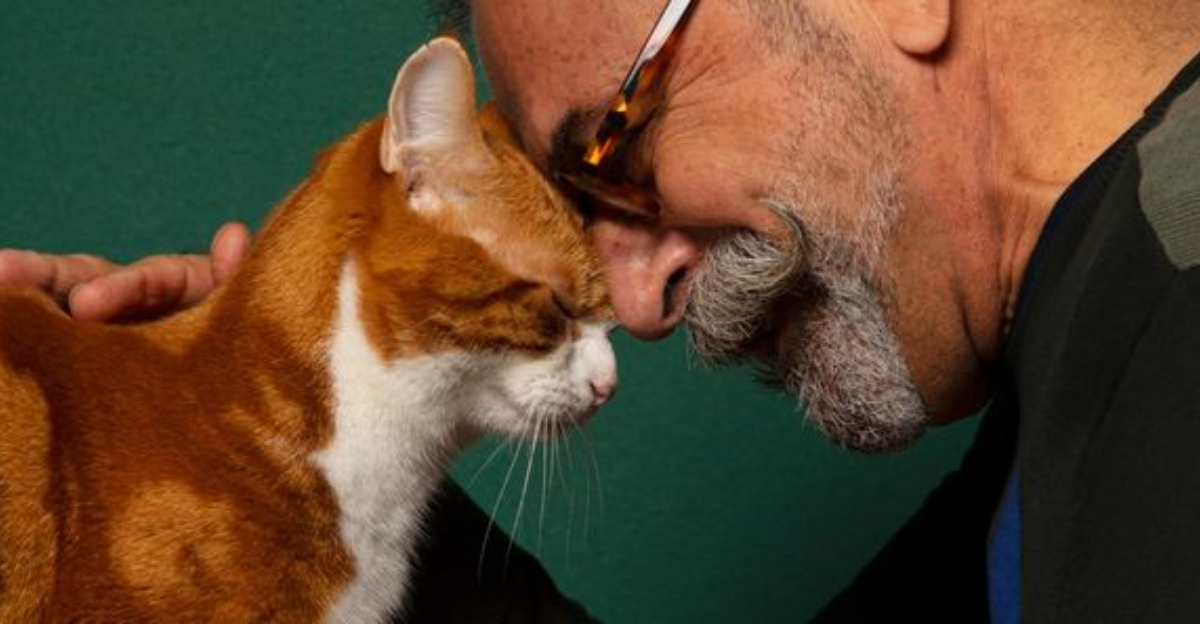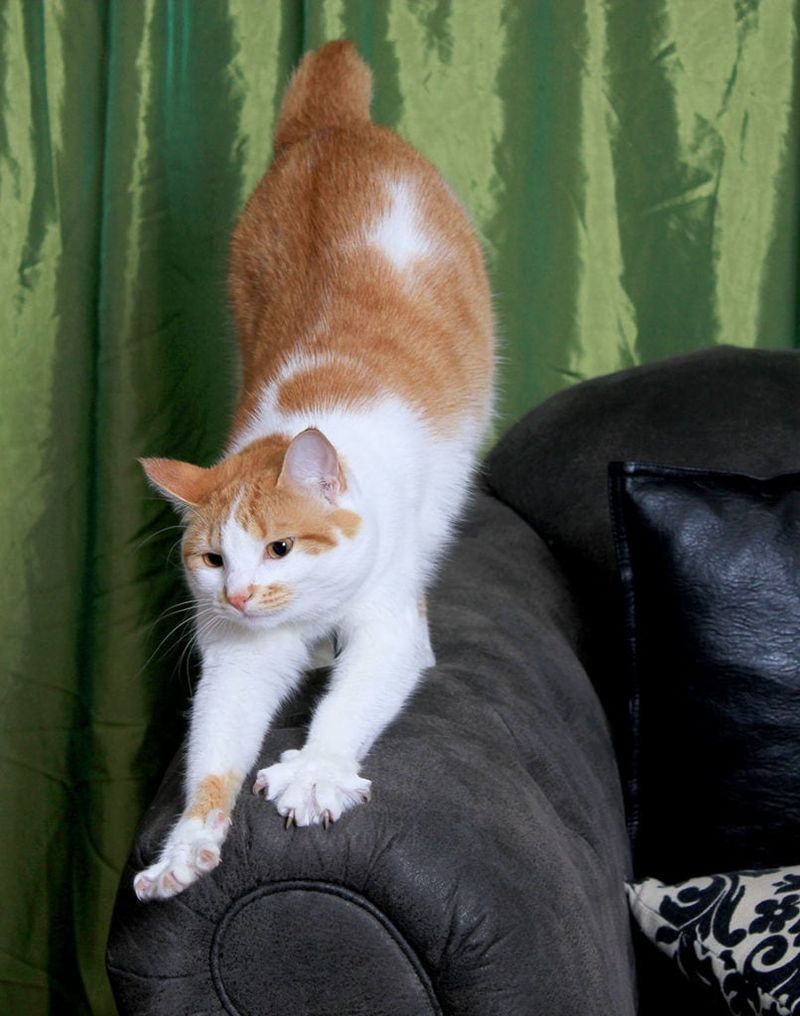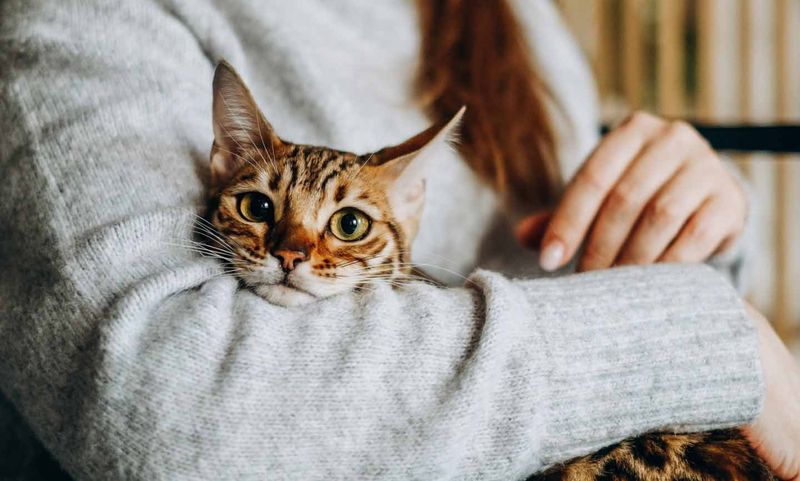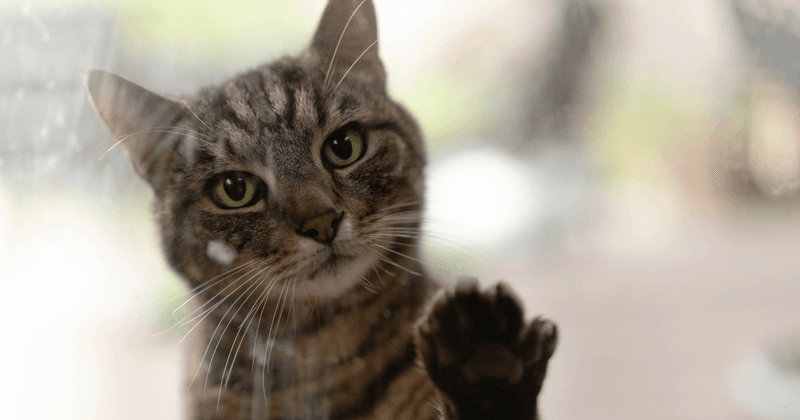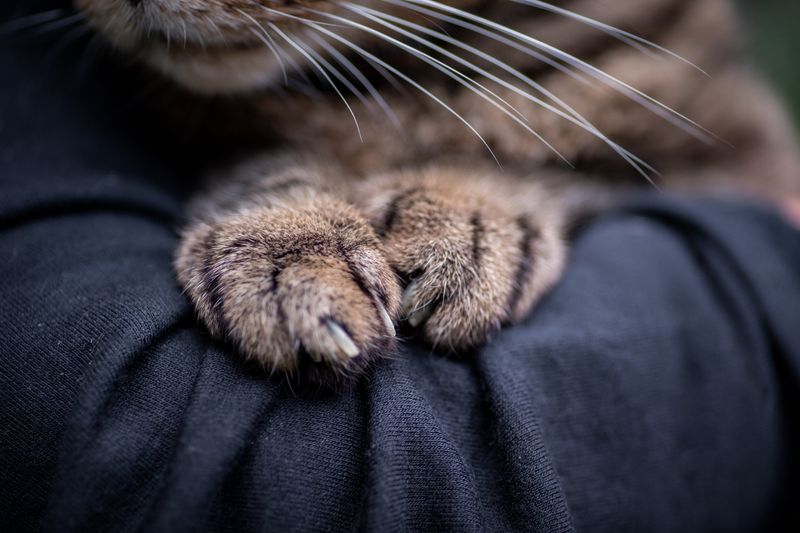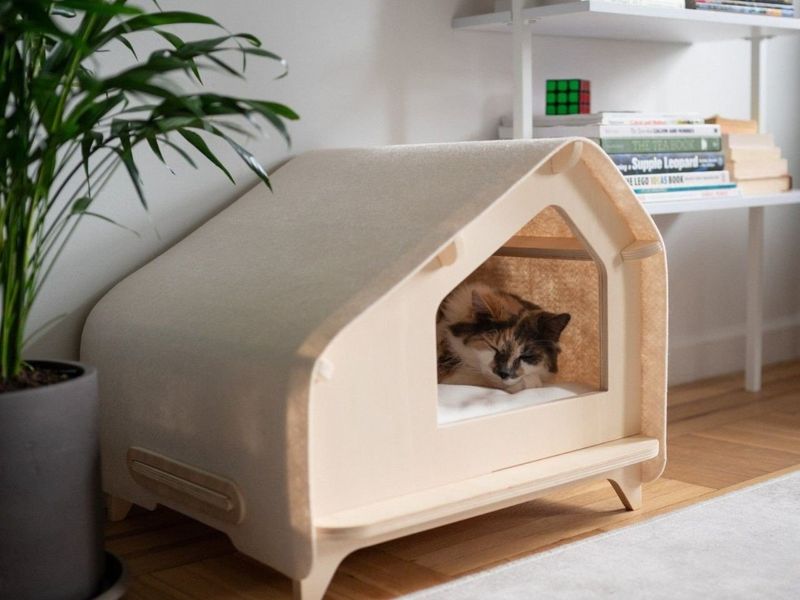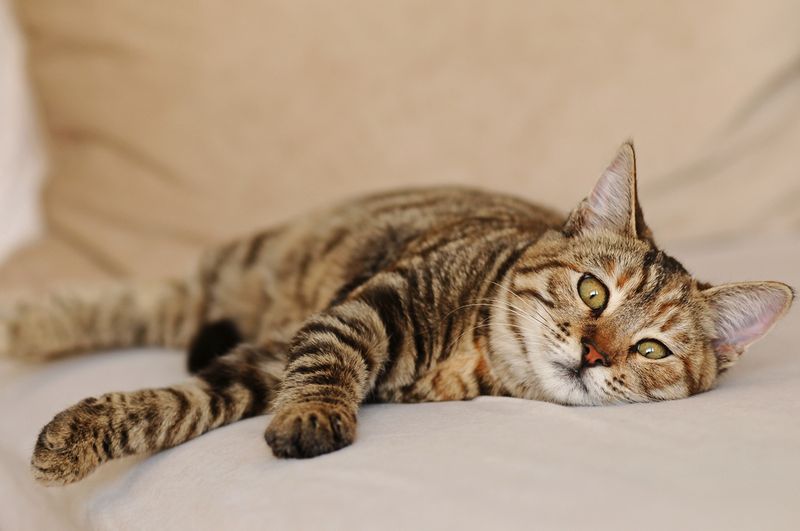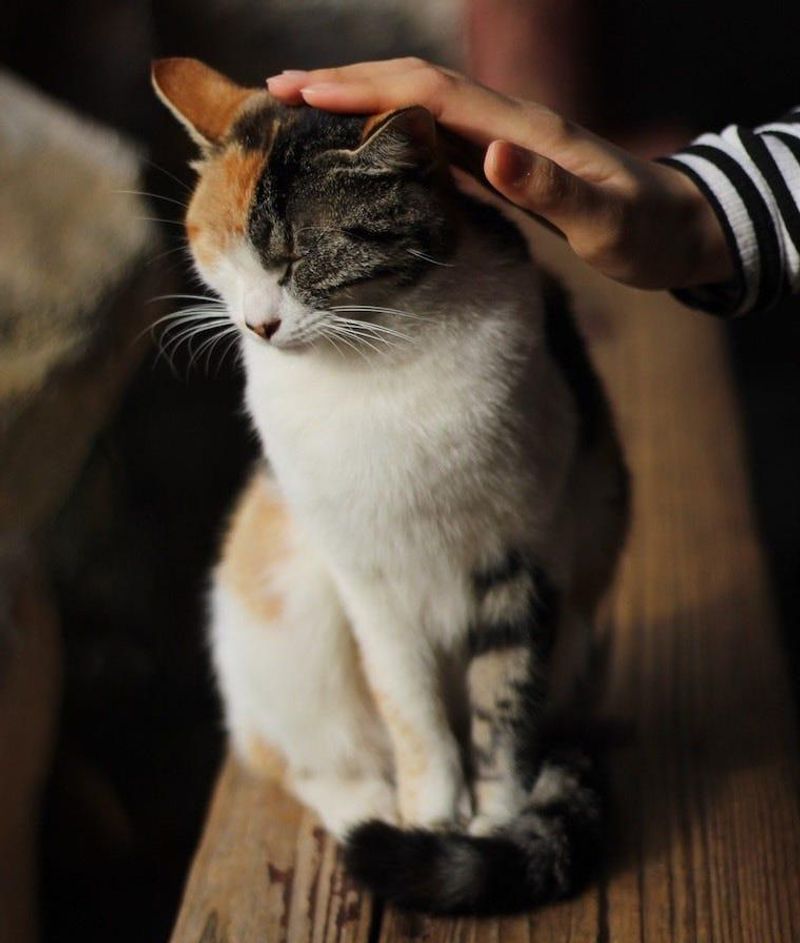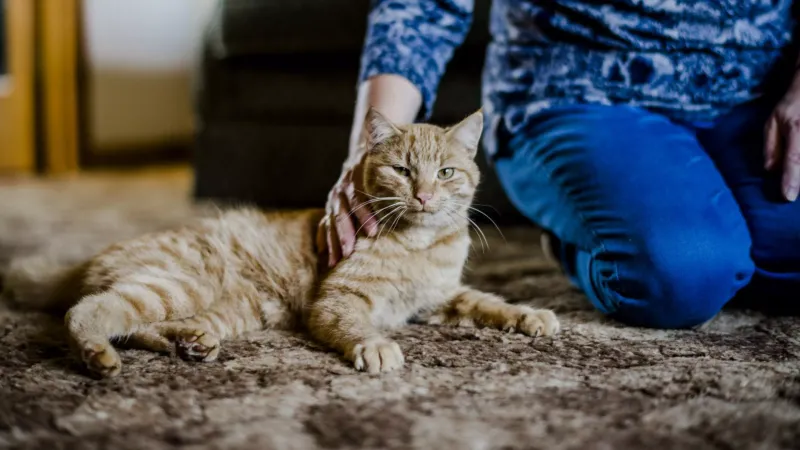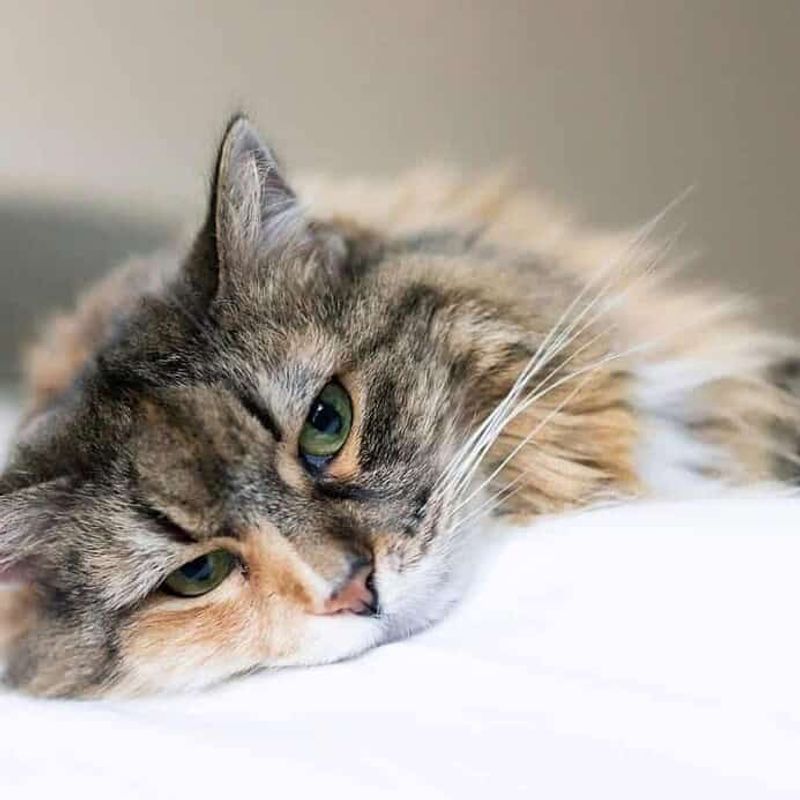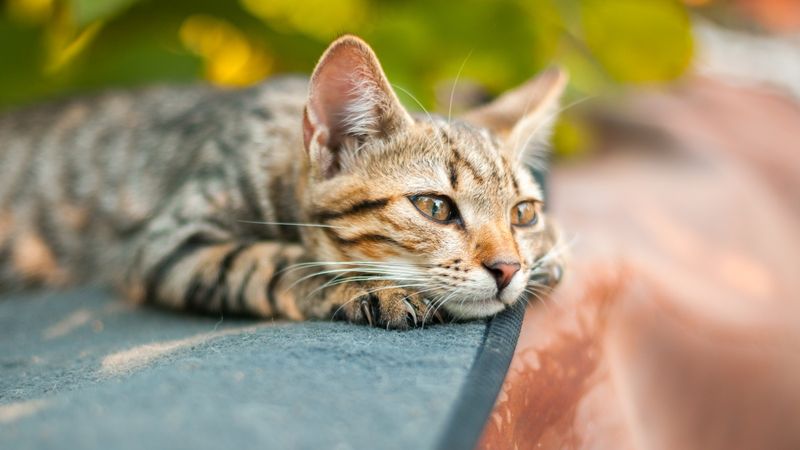📖 Table of Content:
- 1. Keep a Stable Routine
- 2. Provide Extra Comfort and Affection
- 3. Watch for Behavioral Changes
- 4. Use the Loved One’s Belongings
- 5. Create Quiet, Safe Spaces
- 6. Play and Engage Daily
- 7. Keep Multiple Litter Boxes Clean
- 8. Talk to Your Cat
- 9. Consider Pheromone Diffusers
- 10. Introduce New Activities Gradually
- 11. Avoid Forcing Interaction
- 12. Seek Professional Support if Needed
When a person in a household passes away, it’s not just the human members of the family who feel the pain—our pets grieve too. Cats, in particular, may display signs of distress when they lose a beloved human companion. Although often perceived as aloof, many cats form deep emotional bonds and can suffer silently through their loss.
Unlike humans, cats can’t articulate their grief, but they show it in subtle and sometimes alarming ways. A grieving cat might withdraw, refuse food, vocalize more than usual, or become uncharacteristically clingy. These behaviors are their way of processing emotional upheaval, and they can last for days, weeks, or even longer if not addressed gently and attentively.
Fortunately, there are ways you can support your feline friend through this difficult time. By offering consistent care, emotional reassurance, and a comforting environment, you can help ease their sorrow and prevent more serious behavioral or health issues. Here are 12 expert-backed tips to guide you in comforting your grieving cat after the loss of a person they loved deeply.
1. Keep a Stable Routine
Stability becomes a lifeline for a cat coping with emotional loss. In the absence of a beloved person, keeping mealtimes, playtime, and bedtime consistent can help anchor your cat in familiarity. Predictability offers comfort and helps reduce confusion or anxiety that may arise from change. Even if your own routine is in flux, try to preserve the parts of the day that matter most to your pet. Feeding them at the same hour, turning in the lights at night, or offering a morning cuddle ritual can provide significant emotional reassurance. Think of routine as a comforting rhythm your cat can rely on when their world feels uncertain. It may seem simple, but this consistency plays a powerful role in the healing process.
2. Provide Extra Comfort and Affection
Physical closeness can work wonders when your cat is emotionally vulnerable. Gently petting, brushing, or sitting quietly beside them can make a big difference in how they process grief. If your cat starts seeking more attention, don’t shy away—your affection may be exactly what they need. Some cats might even curl up on the lost person’s bed or chair as a way to stay connected. Respect these moments of comfort-seeking as part of their grieving journey. Your calm presence reassures them that they’re not alone, even in their sorrow. Emotional healing often starts with small, consistent gestures of love and attention.
3. Watch for Behavioral Changes
Keeping a close eye on your cat’s behavior is essential during this delicate period. A change in appetite, increased vocalization, or unusual hiding could all be signs of emotional distress. These behavioral shifts are often temporary, but some can escalate if unaddressed. Don’t hesitate to document these changes and consult a vet if you notice worsening symptoms. Cats can internalize grief in ways that impact their physical health. Early intervention ensures you’re not overlooking something more serious, like depression or illness. Being observant is one of the most compassionate acts you can offer your grieving companion.
4. Use the Loved One’s Belongings
Scent plays a powerful role in your cat’s emotional connection to people. Leaving out an unwashed shirt, blanket, or pillow belonging to the deceased can offer comfort through familiarity. These items can act as transitional objects, bridging the emotional gap created by the person’s absence. Many cats will curl up with the item, knead it, or simply lie next to it for hours. Don’t be surprised if your cat returns to it regularly—it’s a form of feline mourning. Just like people hold onto keepsakes, cats find solace in the scent of someone they loved. This small gesture can quietly ease their emotional burden.
5. Create Quiet, Safe Spaces
Offering a peaceful retreat is one of the kindest things you can do for a grieving cat. A soft bed tucked away in a quiet room, a cozy spot near a window, or even a box with a blanket can become a sanctuary. During emotionally overwhelming times, cats need a space where they can feel safe and undisturbed. Avoid sudden loud noises or visitors during this sensitive phase. Encourage calmness in the environment and give your cat the freedom to come and go from their safe space as they please. These private zones help them process emotions on their terms. In grief, retreat is not withdrawal—it’s a form of healing.
6. Play and Engage Daily
Play can be a surprising but effective form of emotional therapy. Bringing out your cat’s favorite toy or wand and encouraging movement taps into their natural instincts and lifts their mood. You don’t need long sessions—even 10 minutes a day of active engagement helps relieve anxiety and prevent depression. Choose toys that spark curiosity or mimic prey to ignite interest. Be gentle in your approach; your cat may not seem enthusiastic at first. With time, daily play can rebuild energy, confidence, and emotional resilience. It’s a joyful way to reconnect during a time of loss.
7. Keep Multiple Litter Boxes Clean
Cleanliness takes on even greater importance when your cat is emotionally strained. A dirty litter box may be overlooked in grief, but for your cat, it can add unnecessary stress. Maintaining multiple clean, accessible litter boxes ensures your cat always has a reliable place to go. Grieving cats may forget routines or choose unusual places to eliminate if they’re overwhelmed. Keeping their bathroom area fresh is a simple way to maintain control and reduce confusion. It also gives you a chance to monitor their health through changes in output. Hygiene and routine go hand in hand during healing.
8. Talk to Your Cat
Speaking softly to your cat creates a reassuring emotional link. The tone and rhythm of your voice—even if they don’t understand the words—can calm them profoundly. Share updates, talk about the person they lost, or simply narrate your day while nearby. Cats associate your voice with care and familiarity, which is comforting in times of loss. Maintaining vocal connection reminds them they are loved and not alone. It’s okay to express your own grief aloud, too; emotional honesty deepens your bond. Words matter—even when shared across species.
9. Consider Pheromone Diffusers
Calming aids like pheromone diffusers can provide invisible but impactful relief. Products such as Feliway emit synthetic feline facial pheromones that mimic the comforting scents cats leave when they rub their faces on objects. These pheromones can reduce anxiety, tension, and stress in a grieving cat’s environment. Plug one into the room where your cat spends the most time for continuous support. You may notice subtle shifts in mood or behavior within a few days. While not a replacement for emotional care, these tools offer an extra layer of comfort. Think of them as silent helpers in your cat’s recovery.
10. Introduce New Activities Gradually
Gently adding novelty can help shift your cat’s focus and rebuild emotional balance. Introducing new toys, a cat tree, or a window perch invites exploration without pushing them too far. Avoid changing everything at once—familiarity still matters in times of grief. Let your cat discover new items at their own pace and offer encouragement if they seem hesitant. Positive curiosity can restore some of the spark lost in mourning. You’re not trying to replace the person—they’re irreplaceable—but to reintroduce small joys. Slow change can open the door to healing.
11. Avoid Forcing Interaction
Let your cat lead the way when it comes to closeness. Some grieving cats crave affection, while others need solitude to process their emotions. Respect their signals and avoid trying to coax them out of hiding or into your lap. Provide presence without pressure—sit in the same room, read aloud, or simply be nearby. Over time, they will likely seek connection again on their terms. Trust is built when they know they can choose when and how to engage. Grief needs patience, not pushing.
12. Seek Professional Support if Needed
Don’t wait too long to involve a vet or feline behaviorist if your cat seems to be spiraling. Prolonged refusal to eat, persistent hiding, or aggressive behavior may require expert guidance. Medical issues like depression, dental pain, or digestive problems can also be triggered or worsened by stress. A professional can help distinguish grief from illness and provide tailored support. Behavioral therapy, supplements, or prescription options may be discussed based on your cat’s specific needs. You don’t have to navigate this alone—getting help is a loving act. Healing sometimes needs more than time—it needs expertise.
